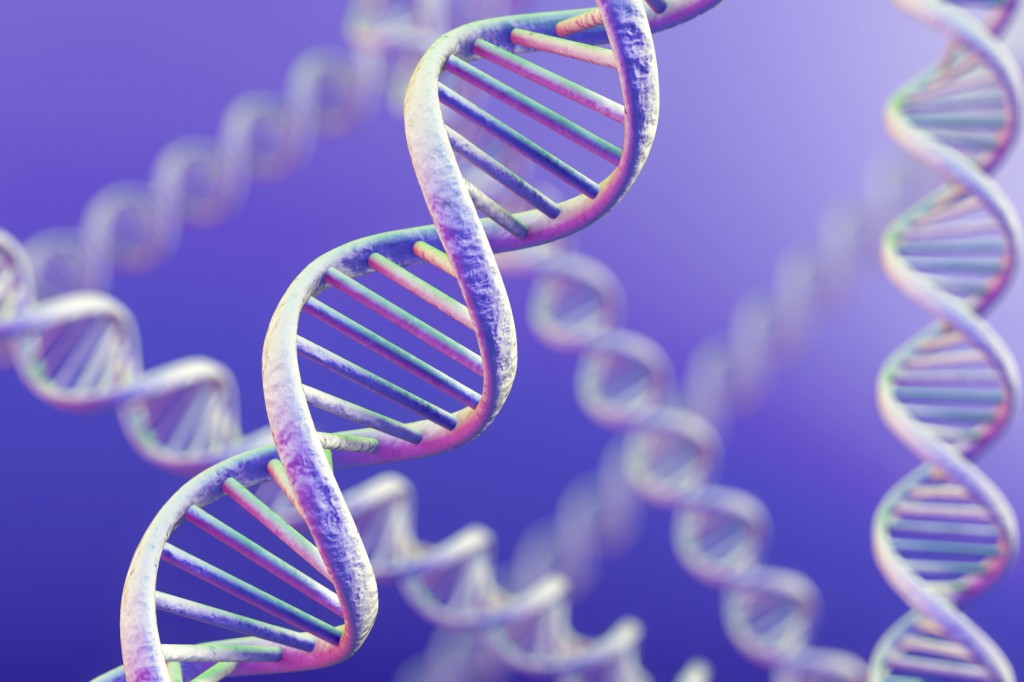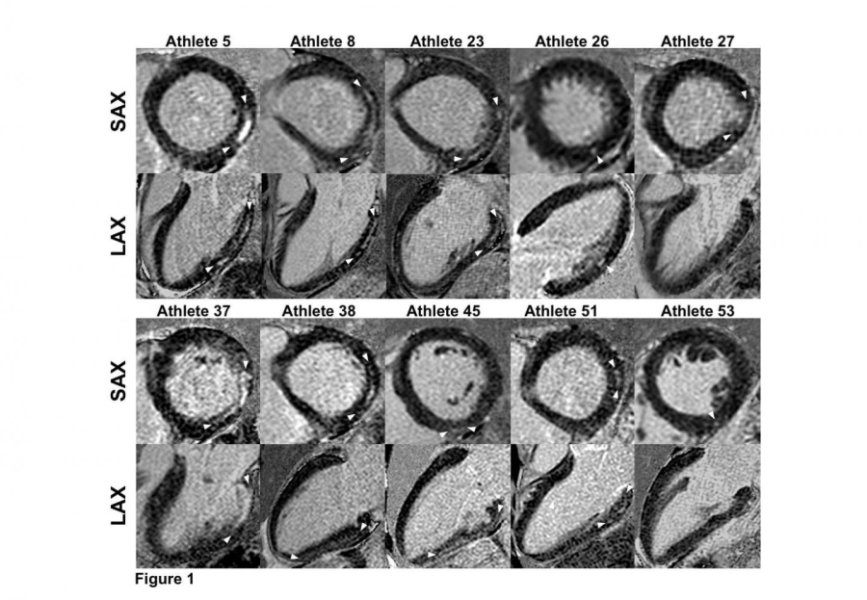Despite claims that beards are “over” or that they simply “aren’t cool anymore,” the fuzzy face remains popular with British men – and there are hidden benefits. Not only have beards been scientifically proven to make men more attractive, research has unveiled that the grizzly beards boast a big health benefit too. Beards can protect you from 90-95 per cent of harmful UV rays with a UPF (ultraviolet protection factor) of up to 21, a study by professors at The University of Queensland has previously revealed, and experts have backed up the findings to The Independent. “While beards will…
Read MoreAuthor: Tom Patriot
Why Are Genetically Identical Individuals Different? Ask Your Mom!
Does the age of a mother influence the traits and characteristics of her progeny, and how? A team of scientists at the Centre for Genomic Regulation (CRG) in Barcelona have addressed these questions by studying tiny, genetically identical C. elegans worms. Their results have been published in Nature. “Our lab has long been interested in understanding why genetically identical individuals sharing the same environment still often differ substantially in their characteristics,” explains Ben Lehner, ICREA Professor and Coordinator of the Systems Biology Program at CRG. “Through a rather circuitous route, we have…
Read MoreMale Triathletes May Be Putting Their Heart Health At Risk
Short-axis and long-axis LGE images depicting a non-ischemic fibrosis pattern in all 10 LGE+ triathletes. LGE size, indicated by arrows, varied from small, point-shaped (triathlete 53) to larger and more distinct (triathletes 5, 8 and 37) areas of fibrosis. Credit: Radiological Society of North America Competitive male triathletes face a higher risk of a potentially harmful heart condition called myocardial fibrosis, according to research being presented next week at the annual meeting of the Radiological Society of North America (RSNA). The increased risk, which was not evident in female…
Read MoreSimple Tasks Don’t Test Brain’s True Complexity
Summary: The brain’s ability to use approximate probabilistic inference can not be studied by simple tasks that are not well suited to expose the inferential computations that make the brain special, researchers say. Source: Rice University. The human brain naturally makes its best guess when making a decision, and studying those guesses can be very revealing about the brain’s inner workings. But neuroscientists at Rice University and Baylor College of Medicine said a full understanding of the complexity of the human brain will require new research strategies that better simulate…
Read MoreExercise Increases Brain Size, New Research Finds
Aerobic exercise can improve memory function and maintain brain health as we age, a new Australian-led study has found. In a first of its kind international collaboration, researchers from Australia’s National Institute of Complementary Medicine at Western Sydney University and the Division of Psychology and Mental Health at the University of Manchester in the UK examined the effects of aerobic exercise on a region of the brain called the hippocampus, which is critical for memory and other brain functions. Brain health decreases with age, with the average brain shrinking by…
Read More




